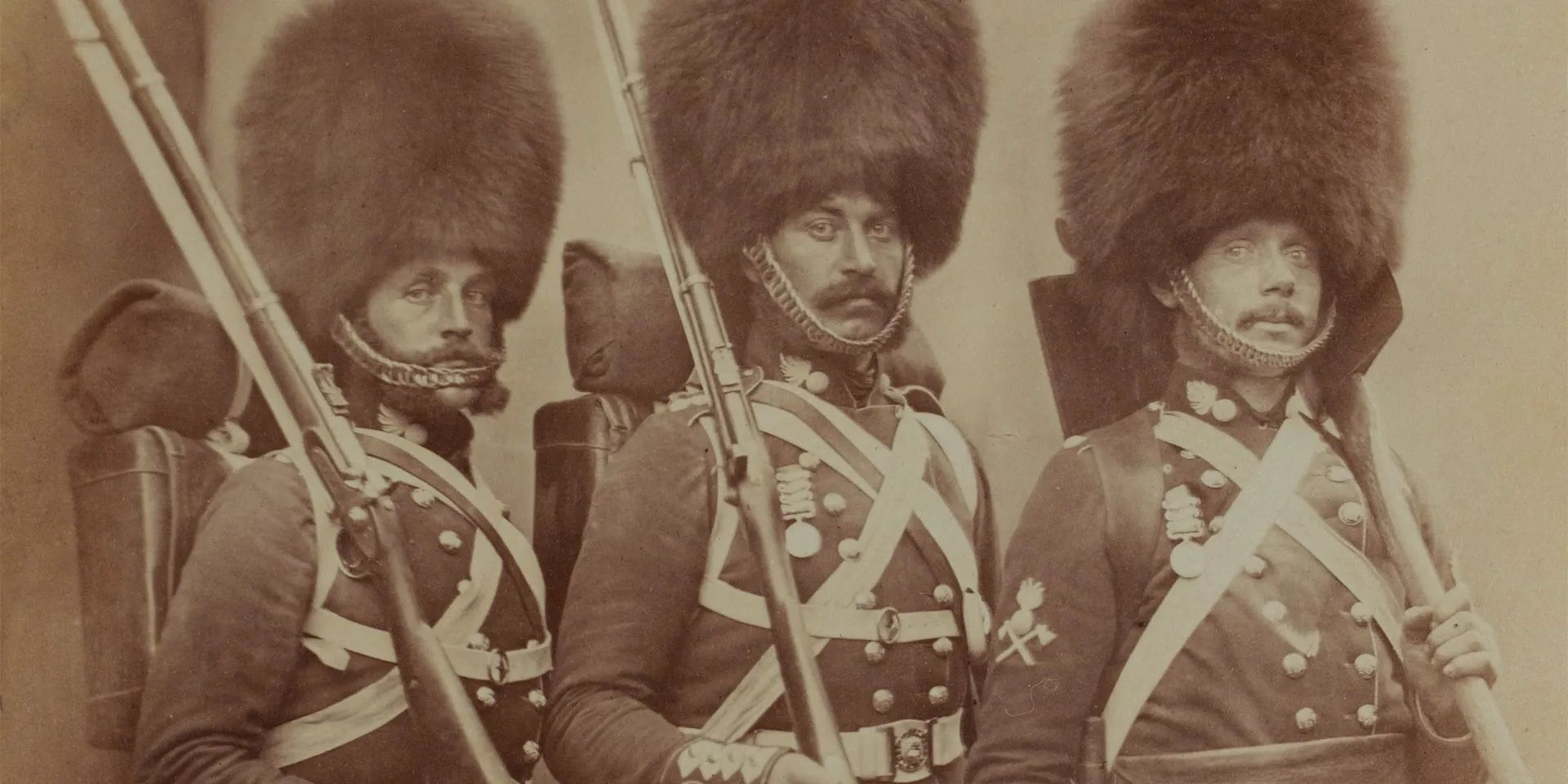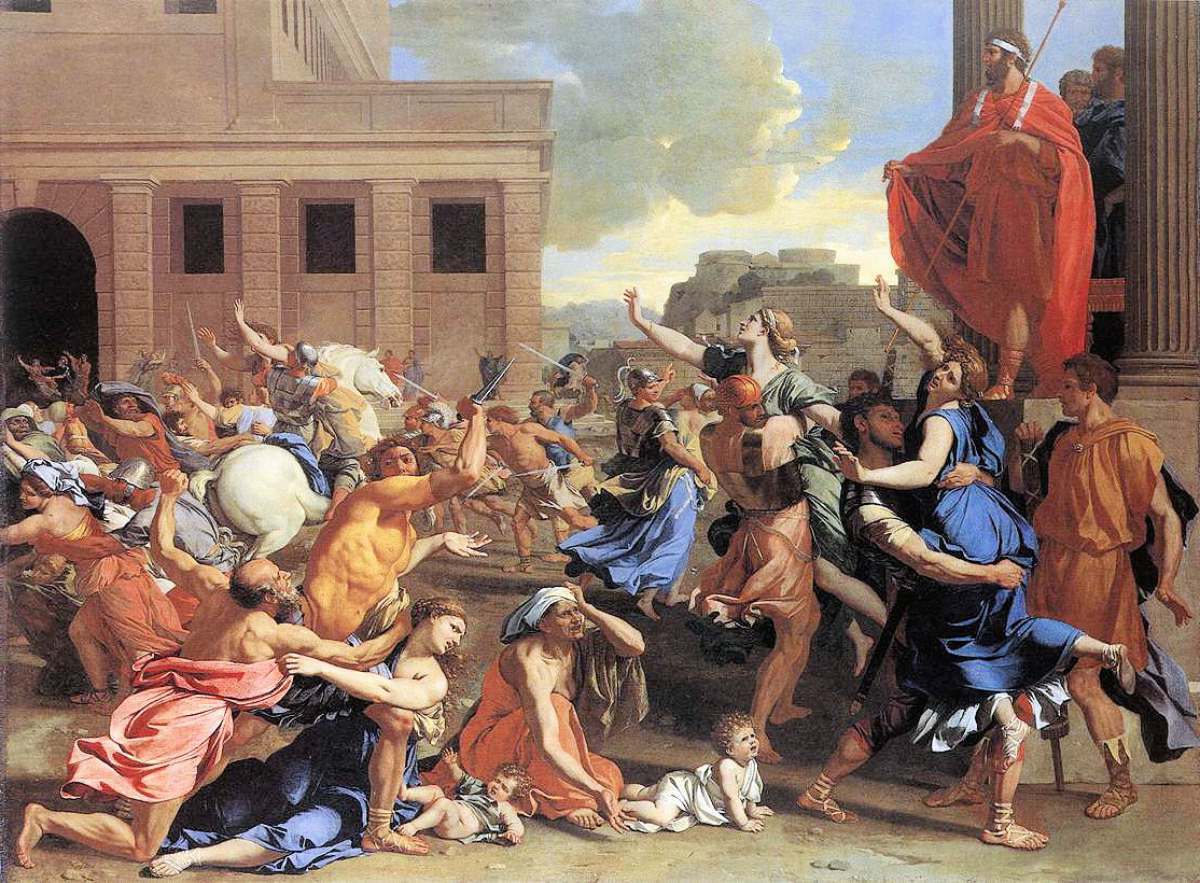
What was the Rebellion of the Three Guards? The Rebellion of the Three Guards, also known as the Wu Geng Rebellion, was a significant civil war in ancient China during the late 11th century BC. This conflict erupted in the Western Zhou dynasty after King Wu's death, when his brother, the Duke of Zhou, declared himself regent for the young King Cheng. The rebellion was led by three powerful nobles—Guanshu, Caishu, and Huoshu—who felt their authority was threatened. They allied with eastern nobles and Shang loyalists, sparking a three-year struggle that reshaped the Zhou kingdom. The rebellion's defeat expanded Zhou's territory and solidified the Duke of Zhou's legacy.
Key Takeaways:
- The Rebellion of the Three Guards was a pivotal civil war in ancient China during the Western Zhou dynasty, leading to significant political and social changes, and ultimately shaping the future of Chinese statecraft.
- The Duke of Zhou's strategic leadership and victory in quelling the rebellion not only expanded the Zhou kingdom into an empire but also solidified his legacy as a wise and revered figure in Chinese history.
Historical Context
The Rebellion of the Three Guards, also known as the Wu Geng Rebellion, was a pivotal civil war in ancient China. This conflict took place during the Western Zhou dynasty in the late 11th century BC. Let's dive into the key facts about this significant event.
-
The Rebellion of the Three Guards occurred in the late Western Zhou dynasty, a period marked by significant political and social changes. The Western Zhou had recently conquered the Shang dynasty, and the new rulers were consolidating their power and establishing a new order.
-
The Three Guards were a group of powerful nobles appointed by King Wu of Zhou to secure the newly conquered Shang lands. The three brothers, Guanshu, Caishu, and Huoshu, were tasked with maintaining order and stability in the East.
Regency Crisis
The death of King Wu led to a power struggle that set the stage for the rebellion. The young King Cheng's ascension and the Duke of Zhou's regency were key factors.
-
After King Wu's death, his young son King Cheng was crowned. However, King Wu's brother Dan, the Duke of Zhou, declared himself regent to ensure stability and continuity. This move was seen as usurpation by the Three Guards, who believed they should serve as regents.
-
The Three Guards, along with many separatist eastern nobles and Shang loyalists under Prince Wu Geng, allied to rebel against the Duke of Zhou's regency. This alliance was driven by a sense of injustice and a desire for power.
Leadership and Alliances
The rebellion was led by the Three Guards and supported by various eastern nobles and states. Their combined forces posed a significant threat to the Duke of Zhou.
-
The rebellion was led by Guanshu, Caishu, and Huoshu. These brothers were powerful nobles who felt their authority was being undermined by the Duke of Zhou. They were joined by other discontented nobles and Shang loyalists.
-
The rebels formed alliances with various eastern nobles and states, including Dongyi and Huaiyi states. These alliances were crucial for the rebels' military strength and strategic positioning.
Military Campaigns and Strategies
The Duke of Zhou launched a series of military campaigns to quell the rebellion. His strategic approach played a crucial role in the outcome.
-
The Duke of Zhou launched a second "eastern campaign" to quell the rebellion. This campaign was a series of military operations aimed at defeating the rebels and restoring order.
-
The exact military strength of both sides is unknown, but it is believed that the rebels had significant support from various eastern states and nobles. The Duke of Zhou's forces, however, were well-organized and disciplined.
-
The Duke of Zhou employed a strategic approach to defeat the rebels. He divided his forces into smaller units to tackle the rebels in different regions, thereby weakening their central command.
Outcome and Consequences
After three years of intense fighting, the rebellion was finally quelled. The aftermath had lasting impacts on the Western Zhou dynasty.
-
After three years of intense fighting, the Duke of Zhou's forces emerged victorious. The rebels were either killed or disempowered, and their leaders were either captured or forced to flee.
-
The defeat of the Three Guards had significant consequences for the Western Zhou dynasty. The rebellion led to a further expansion of the Zhou kingdom into East China, transforming it into an empire using the new Fengjian system.
The Fengjian System
The Fengjian system was a feudal system that helped consolidate power and maintain stability in the newly expanded empire.
- The Fengjian system was a feudal system where the ruler granted land and titles to nobles in exchange for their loyalty and military service. This system helped consolidate power and maintain stability in the newly expanded empire.
Legacy of the Duke of Zhou
The Duke of Zhou's leadership during the rebellion and his subsequent reforms cemented his place as one of the greatest figures in Chinese history.
-
The Duke of Zhou is revered in Chinese history as a paragon of wisdom and humility. His leadership during the rebellion and his subsequent reforms cemented his place as one of the greatest figures in Chinese history.
-
Confucius later revered the Duke of Zhou as a great example of wise leadership. The rebellion against his regency was consequently vilified, with the Three Guards being seen as "evil men of old."
Scholarly Reassessments
Despite the negative view towards the rebels, some scholars have attempted to reassess their actions.
- Despite the negative view towards the rebels, some scholars have attempted to reassess their actions. Ji Kang, a famous author of the Three Kingdoms period, argued that the rebellious brothers had sincere reasons to doubt the wisdom of the Duke's regency.
Historical Records
The rebellion is documented in various historical records, providing valuable insights into the events surrounding the conflict.
-
The rebellion is documented in various historical records, including the "Shujing" (Book of History) and "Zuozhuan" (Commentary of Zuo). These texts provide valuable insights into the events surrounding the rebellion.
-
A Western Zhou bronze vessel known as the Kang Hou gui records the rebellion. The inscription on this vessel provides additional historical context and details about the conflict.
Rebellions in Chinese History
The Rebellion of the Three Guards is part of a larger pattern of rebellions in Chinese history. This event highlights the complexities and challenges faced by ruling dynasties in maintaining power and stability.
- The Rebellion of the Three Guards is part of a larger pattern of rebellions in Chinese history. This event highlights the complexities and challenges faced by ruling dynasties in maintaining power and stability.
Succession Crises
The rebellion can be seen as a succession crisis that defined the Western Zhou dynasty. It marked a turning point in Chinese statecraft, influencing future dynasties' approaches to power and succession.
- The rebellion can be seen as a succession crisis that defined the Western Zhou dynasty. It marked a turning point in Chinese statecraft, influencing future dynasties' approaches to power and succession.
Eastern Campaigns
The Duke of Zhou's eastern campaigns not only quelled the rebellion but also expanded the authority of the Zhou kingdom. This expansion transformed the Western Zhou into an empire, setting the stage for future Chinese dynasties.
- The Duke of Zhou's eastern campaigns not only quelled the rebellion but also expanded the authority of the Zhou kingdom. This expansion transformed the Western Zhou into an empire, setting the stage for future Chinese dynasties.
Rebel Leaders
The leaders of the rebellion, Guanshu, Caishu, and Huoshu, were powerful nobles who felt their authority was being undermined. Their actions reflect the deep-seated tensions within the Western Zhou nobility.
- The leaders of the rebellion, Guanshu, Caishu, and Huoshu, were powerful nobles who felt their authority was being undermined. Their actions reflect the deep-seated tensions within the Western Zhou nobility.
Shang Loyalists
The Shang loyalists under Prince Wu Geng played a significant role in the rebellion. Their loyalty to the Shang dynasty and their opposition to the new rulers highlight the complexities of dynastic change in ancient China.
- The Shang loyalists under Prince Wu Geng played a significant role in the rebellion. Their loyalty to the Shang dynasty and their opposition to the new rulers highlight the complexities of dynastic change in ancient China.
Eastern Nobles
The eastern nobles who allied with the Three Guards were driven by a desire for power and autonomy. Their actions reflect the ongoing struggle for influence and control within the Western Zhou nobility.
- The eastern nobles who allied with the Three Guards were driven by a desire for power and autonomy. Their actions reflect the ongoing struggle for influence and control within the Western Zhou nobility.
Military Tactics
The military tactics employed by both sides during the rebellion were crucial to its outcome. The Duke of Zhou's strategic approach and the rebels' use of alliances and guerrilla warfare highlight the importance of military strategy in ancient Chinese conflicts.
- The military tactics employed by both sides during the rebellion were crucial to its outcome. The Duke of Zhou's strategic approach and the rebels' use of alliances and guerrilla warfare highlight the importance of military strategy in ancient Chinese conflicts.
Historical Significance
The Rebellion of the Three Guards holds significant historical importance. It marked a critical period in Chinese history, influencing future dynasties' approaches to power, succession, and statecraft.
- The Rebellion of the Three Guards holds significant historical importance. It marked a critical period in Chinese history, influencing future dynasties' approaches to power, succession, and statecraft.
The Impact of the Rebellion of the Three Guards
The Rebellion of the Three Guards was a pivotal moment in ancient Chinese history. It highlighted the power struggles and political complexities within the Western Zhou dynasty. The conflict, led by Guanshu, Caishu, and Huoshu, against the Duke of Zhou's regency, showcased the tensions between newly established rulers and existing nobles. The rebellion's defeat led to the expansion of the Zhou kingdom and the implementation of the Fengjian system, which helped consolidate power. The Duke of Zhou emerged as a revered figure, praised for his wisdom and leadership. This event also influenced future dynasties' approaches to power and succession. The rebellion's legacy, documented in historical records and inscriptions, remains a significant chapter in Chinese history, illustrating the challenges of maintaining stability and control in a rapidly changing political landscape.
Frequently Asked Questions
Was this page helpful?
Our commitment to delivering trustworthy and engaging content is at the heart of what we do. Each fact on our site is contributed by real users like you, bringing a wealth of diverse insights and information. To ensure the highest standards of accuracy and reliability, our dedicated editors meticulously review each submission. This process guarantees that the facts we share are not only fascinating but also credible. Trust in our commitment to quality and authenticity as you explore and learn with us.


